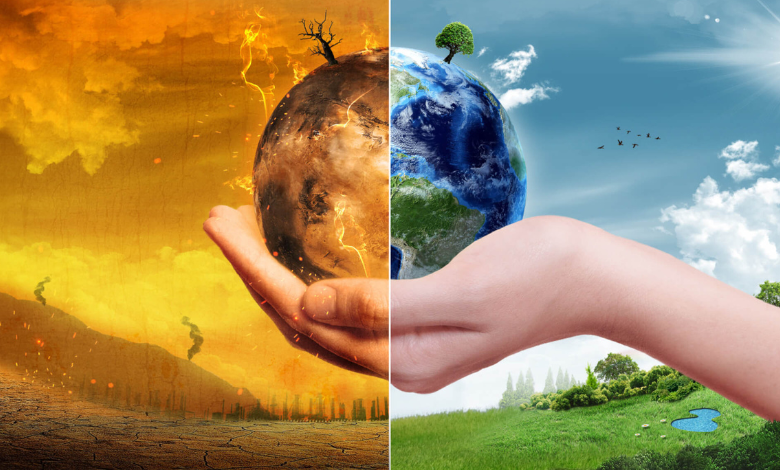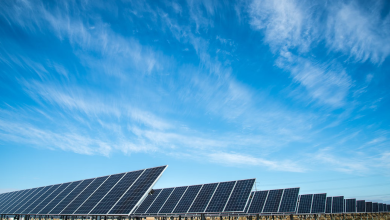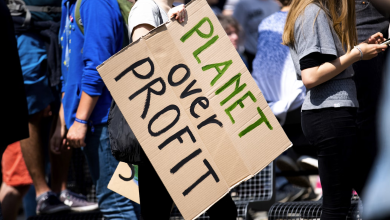Earth’s Precarious Balance: Climate Scientists Warn of Dangerous Instability

Researchers state that “life on our planet is clearly under siege.”
In a sobering revelation, climate scientists from around the globe have united to raise the alarm about Earth’s rapidly approaching state of “dangerous instability.” The warning comes as a stark reminder of the urgent need for action to combat climate change and protect the planet’s delicate ecosystems.
Although warnings of the detrimental effects of climate change brought on by humans are not new, new research released on Tuesday asserts even more alarming conclusions, stating that “life on planet Earth is under siege” and “we are pushing our planetary systems into dangerous instability.”
The report, “The State of the Climate Report: Entering 2023”
Uncharted Territory,” which was published in the journal Bioscience, cites particular climatic occurrences in 2023 as evidence for its conclusions. These include unusually high heat waves worldwide, historically high and record-breaking warm ocean temperatures, and exceptionally low sea ice levels around Antarctica.
According to the report’s twelve international scientists, there have been 38 days in 2023 when the average global temperature has risen by more than 1.5 degrees Celsius over pre-industrial levels. Earlier this month, the European Copernicus Climate Change Service and the United States National Oceanic and Atmospheric Administration predicted that 2023 will probably go down in history as the hottest year ever recorded.
Furthermore, the report notes that July had the highest average Earth surface temperature ever recorded and that it might have been the highest surface temperature the planet has seen in the previous 100,000 years.
Read More: Mississippi River Basin: An Environmental Wake-Up Call
Scientists from the United States, Australia, Germany, Brazil, the United Kingdom, China, and the Netherlands were part of the research team. They concluded that the primary cause of the recent extreme climate events is anthropogenic global warming, or global warming that is caused or amplified by humans. The team also considered the fact that some of these complex events are caused, at least in part, by non-human sources such as dust from Africa, the El Niño global climate pattern, and water vapor effects from an underwater volcano.
Additionally, the researchers note that humankind has made “minimal progress” in halting the effects of anthropogenic climate change. “Although the consumption of renewable energy (solar and wind) grew a robust 17% between 2021 and 2022, it remains roughly 15 times lower than fossil fuel energy consumption,” according to the report.
Co-lead author of the report William Ripple of Oregon State University College of Forestry warns that “we’re on our way to the potential partial collapse of natural and socioeconomic systems and a world with unbearable heat and shortages of food and fresh water,” unless steps are taken to address the core issue of humanity taking more from the Earth than it can safely give.
“It’s obvious that life on our planet is in danger,” Ripple declared.
As stated by the authors, “[T]o mitigate these past emissions and stop global warming, efforts must be directed towards eliminating emissions from fossil fuels and land-use change and increasing carbon sequestration with nature-based climate solutions.” They advise immediate action to prevent more severe climate impacts.
Climate experts emphasize that human activities, particularly the emission of greenhouse gases, have pushed Earth’s systems to the brink. Rising global temperatures, more frequent extreme weather events, and the loss of biodiversity are all signs of the planet’s precarious balance.
In conclusion, the warning from climate scientists is a resounding call to action, demanding that we prioritize the protection of our planet and future generations from the mounting dangers of climate change.



